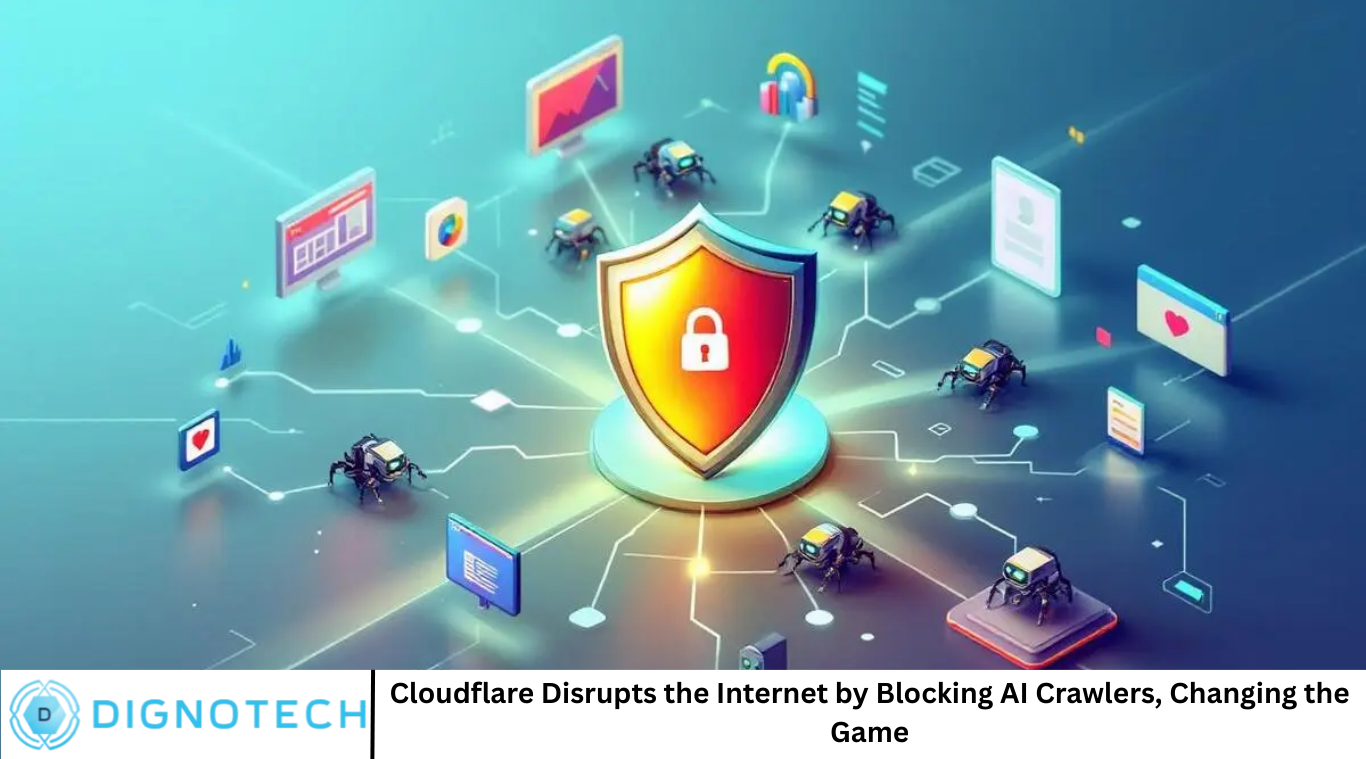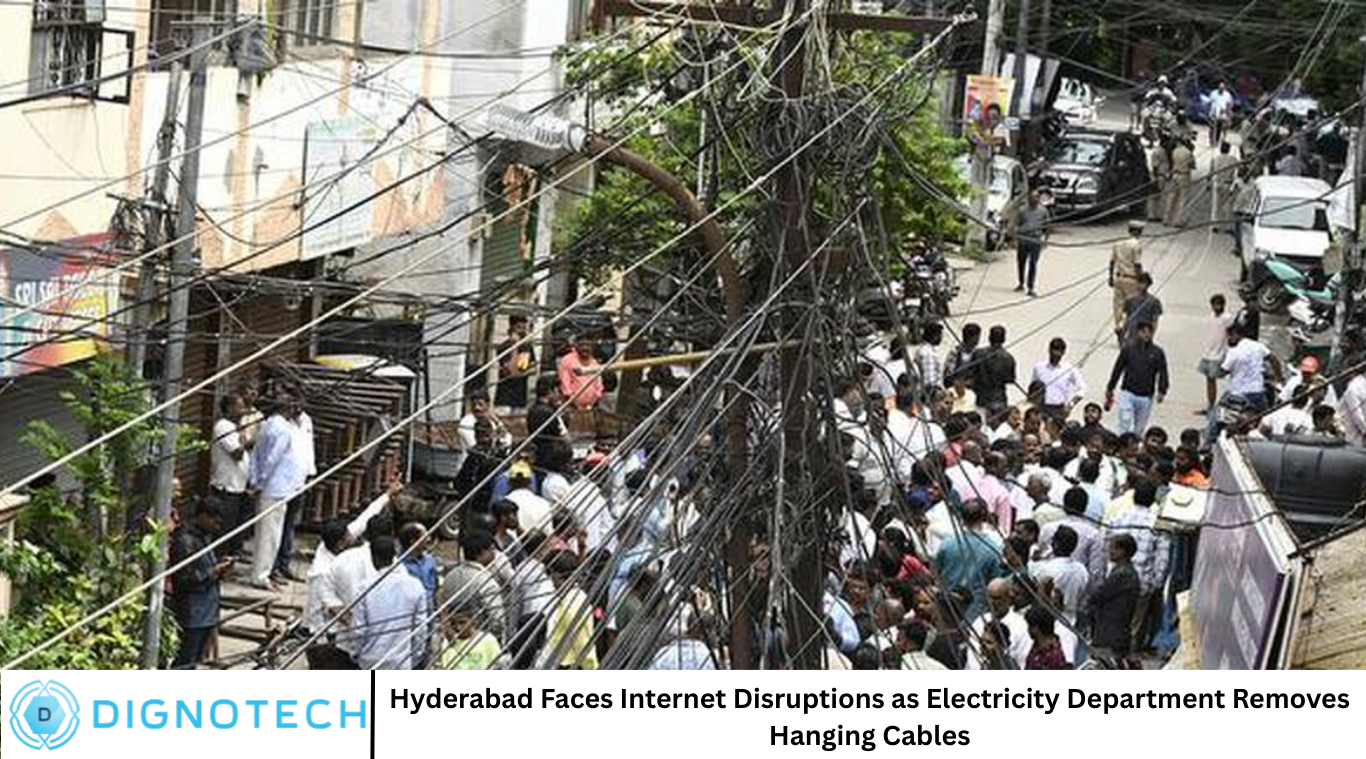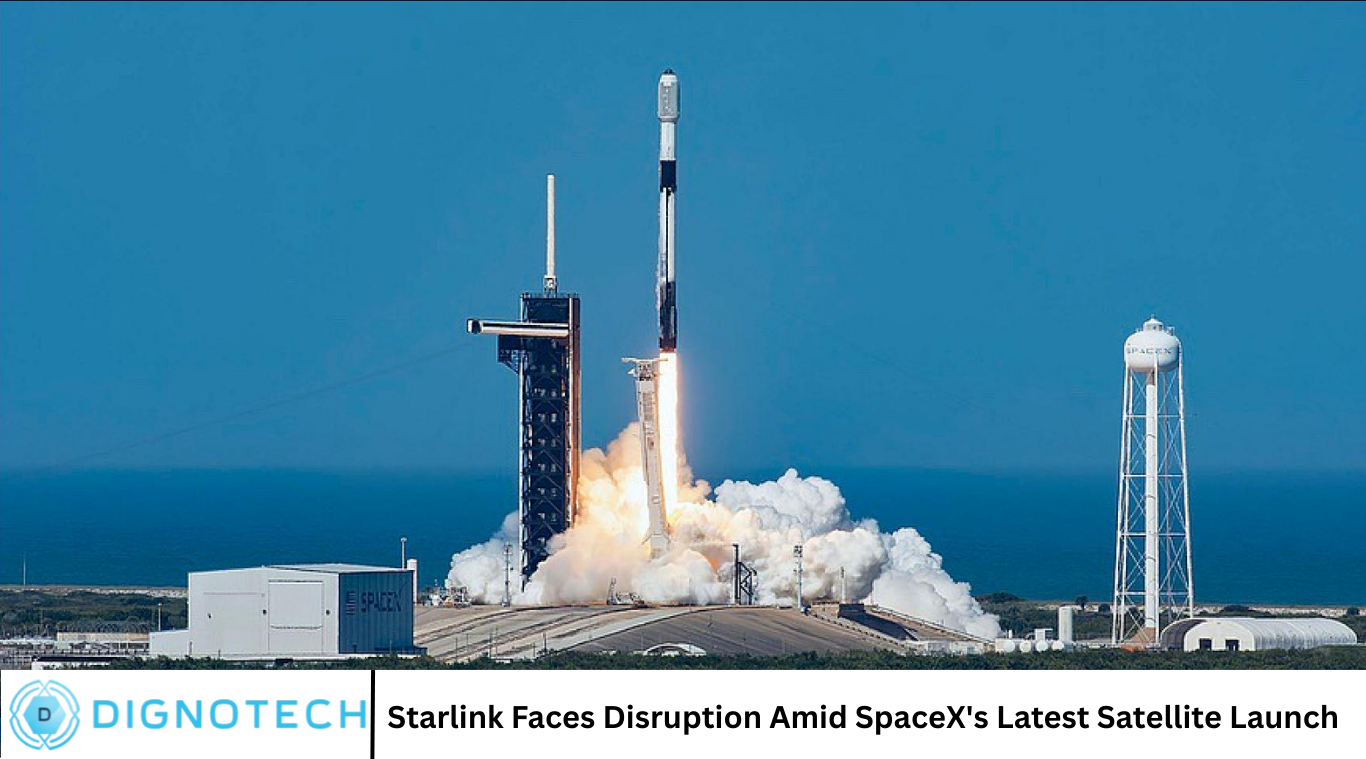Cloudflare Disrupts the Internet by Blocking AI Crawlers, Changing the Game

In an unexpected move that has sent ripples through the tech community, Cloudflare, one of the largest content delivery networks and cybersecurity companies, has announced a drastic policy change that could alter the future of AI and the internet itself. The company, which helps to secure and optimize web traffic for millions of websites, has begun blocking AI-powered web crawlers from accessing many sites in its vast network. This bold decision to restrict AI crawlers, including popular ones used by search engines and automated data extraction tools, is seen as a game-changer that could reshape how artificial intelligence interacts with the web.
This article explores Cloudflare’s decision to block AI crawlers, the potential consequences for the internet, and why this move has sparked both excitement and concern across industries. We will also dive into the implications for web developers, marketers, and users alike, and answer some of the most pressing questions surrounding this disruption.
Understanding Cloudflare’s Role in the Internet Ecosystem
Cloudflare operates at the intersection of internet infrastructure, security, and performance. The company provides services like Content Delivery Networks (CDNs), DDoS protection, and domain name system (DNS) services. Essentially, it acts as a gatekeeper, optimizing and securing web traffic for millions of websites, while also ensuring that malicious actors are kept at bay.
Cloudflare has become an indispensable tool for businesses, helping them speed up their websites and protect them from various online threats. Through its extensive global network, Cloudflare can route traffic efficiently, ensuring that websites load faster for users regardless of their geographical location. It also offers powerful security features that prevent attacks, like Distributed Denial of Service (DDoS) attacks, from overwhelming a site’s infrastructure.
The company’s infrastructure is used by everything from small blogs to large corporations, e-commerce platforms, and media outlets, which makes its policies highly influential.
The Rise of AI Crawlers and Why Cloudflare Took Action
AI crawlers, or bots powered by artificial intelligence, are becoming increasingly common across the internet. These crawlers are often used for purposes like gathering data, scraping content, analyzing search engine rankings, and even training machine learning models. While AI crawlers can be useful for various applications, they have raised significant concerns due to their impact on web traffic, server loads, and content security.
Data Scraping and Content Theft
One of the key reasons for Cloudflare’s decision to block AI crawlers is the rise of automated web scraping. Scraping refers to the process by which bots extract large volumes of data from websites, often without the consent of the site owner. While some of this scraping can be harmless, such as indexing content for legitimate search engines, it has also been used for more nefarious purposes. For example, competitors might scrape e-commerce sites to steal product details, or media outlets might be targeted by bots collecting news content without attribution.
Security and Privacy Concerns
Another reason for blocking AI crawlers is to protect sensitive data and enhance online privacy. Many AI crawlers collect personal or proprietary information that can later be sold, misused, or exploited. In an era where data breaches are increasingly common, Cloudflare’s move may be a protective measure for its clients, helping them secure confidential information from malicious AI-driven actors.
Traffic and Performance Issues
When AI crawlers access a website, they often generate a massive amount of traffic in a short period, placing strain on a server. This can lead to slower load times for legitimate users, and in some cases, server crashes. For websites with high traffic or limited resources, this could mean significant financial losses. By blocking AI crawlers, Cloudflare ensures that real users aren’t affected by the strain caused by bots.
Implications for the Future of the Internet
Cloudflare’s decision to block AI crawlers has broad implications for how the internet will evolve in the coming years. It highlights the growing tension between the development of AI technologies and the need to regulate their usage to protect web infrastructure, privacy, and security.
Impact on Search Engine Optimization (SEO)
One of the most immediate impacts of Cloudflare’s action is on search engine optimization (SEO). Search engine crawlers, like Googlebot, are essential for indexing websites and ensuring that they appear in search results. If Cloudflare starts blocking these crawlers or allows websites to do so, it could lead to significant changes in how SEO is conducted.
Websites that rely heavily on search traffic could be at a disadvantage if their content is not indexed properly by search engines. SEO experts and marketers may need to adapt their strategies to ensure that they can still optimize their sites effectively while navigating Cloudflare’s restrictions on AI crawlers.
Impact on AI and Machine Learning Development
Cloudflare’s move also poses a challenge to developers of AI systems. Many AI models are trained on large datasets scraped from the web, and without access to these publicly available datasets, the development of AI tools could slow down. Researchers and companies relying on web scraping for training their AI models may have to find alternative methods of acquiring data, potentially leading to more regulated and controlled approaches to data usage.
Impact on Data Privacy Regulations
As concerns around data privacy and cybersecurity continue to grow, Cloudflare’s decision aligns with broader trends in internet governance. Increasingly, companies are being held accountable for how they handle data, and Cloudflare’s action may signal a shift toward more stringent control over who gets access to sensitive information on the web. This could pave the way for the creation of new privacy regulations that place more power in the hands of site owners and users, while reducing the influence of AI-driven data extraction.
Challenges for Cloudflare’s Clients and the Wider Internet Ecosystem
While Cloudflare’s decision is bold, it is not without its challenges and criticisms. Here are some of the main concerns raised by its clients and others in the internet ecosystem:
Limiting Access to Information
Blocking AI crawlers could restrict access to valuable information that many businesses and services rely on for competitive advantage. For example, price comparison websites or news aggregators that rely on data scraping might find their operations severely impacted.
Potential Overreach and Unintended Consequences
By blocking AI crawlers indiscriminately, Cloudflare risks inadvertently blocking legitimate services, such as search engines or academic research bots. The implementation of such a policy needs to be precise to ensure that it doesn’t inadvertently harm legitimate businesses or research projects.
Increased Complexity for Developers
Web developers may now face additional complexity when trying to balance the needs of their site’s performance with the potential for AI crawler blocking. They might have to deal with configuring their sites to handle these changes, which could involve fine-tuning the access controls and scraping prevention mechanisms.
Frequently Asked Question
Why is Cloudflare blocking AI crawlers?
Cloudflare is blocking AI crawlers to protect websites from data scraping, ensure better performance by reducing bot traffic, and enhance data privacy and security.
How does this affect search engines like Google?
Cloudflare’s action could affect how search engine crawlers index websites, as these bots are often classified as AI crawlers. Websites that block AI crawlers might see reduced visibility in search engine results unless they are indexed through alternative methods.
Can websites opt out of Cloudflare’s AI crawler block?
Yes, website owners can configure their Cloudflare settings to allow or block specific crawlers, including AI bots. Cloudflare provides granular control for users to customize how their services are used.
What impact does this have on AI development?
Cloudflare’s decision may limit the amount of publicly available data that AI systems can use for training, potentially slowing down the development of some machine learning models.
Are all AI crawlers blocked, or just specific ones?
Cloudflare’s policy primarily targets AI crawlers used for web scraping and data extraction. Major bots like Googlebot are typically not blocked, but websites have the option to restrict any bot they choose.
How will Cloudflare’s decision affect e-commerce websites?
E-commerce websites might benefit from reduced bot traffic, which can improve their website performance and reduce the risk of data theft or fraud. However, sites relying on comparison tools may see their data aggregation abilities impacted.
Is Cloudflare’s policy permanent?
It’s not yet clear if Cloudflare’s policy will be permanent, as the company continues to evaluate the effectiveness of its measures and the feedback from its clients. The company may adjust its stance over time.
Conclusion
Cloudflare’s move to block AI crawlers is a bold and controversial step that highlights the growing tension between the rise of artificial intelligence and the need to regulate its use on the internet. While the decision is likely to have significant implications for web traffic, SEO strategies, and AI development, it also opens the door for new privacy and security measures that could help safeguard the interests of both businesses and users.As the digital landscape evolves, it will be interesting to see how other companies and stakeholders respond to Cloudflare’s actions. Will this move become a standard in the industry, or will it lead to new challenges that need to be addressed? One thing is clear: Cloudflare’s decision to block AI crawlers has undoubtedly changed the rules of the game, and the internet may never be quite the same again.



